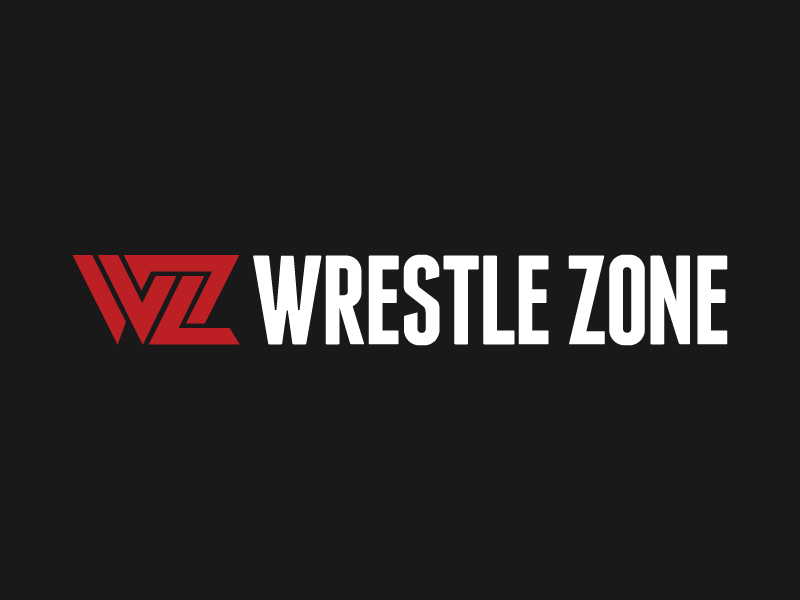 After listening to CM Punk on the Art of Wrestling Podcast, it’s fairly easy to understand the frustration that boiled over and resulted in his unexpected walk-out last January. Punk carried the load for WWE for more than a year as its champion. Throughout that time, he battled injuries and, on more than one occasion, returned to action much earlier than necessary at the insistence of management. Apparently, he was so indispensible to the WWE machine that the threat of money lost in his absence trumped serious, and in the case of the apparent undiagnosed staph infection, life threatening medical conditions.
After listening to CM Punk on the Art of Wrestling Podcast, it’s fairly easy to understand the frustration that boiled over and resulted in his unexpected walk-out last January. Punk carried the load for WWE for more than a year as its champion. Throughout that time, he battled injuries and, on more than one occasion, returned to action much earlier than necessary at the insistence of management. Apparently, he was so indispensible to the WWE machine that the threat of money lost in his absence trumped serious, and in the case of the apparent undiagnosed staph infection, life threatening medical conditions.
This battered run at the top was ended by a part-time wrestler who ultimately took a main event spot at Wrestlemania from a highly deserving Punk. A year later, Punk saw the same thing happening to Daniel Bryan in the form of a returning Batista. That situation at the Royal Rumble was punctuated with Punk being told to run the ropes to test for an obvious concussion that he suffered during the Rumble match.
Punk referenced his knowledge of being nothing more than a cog in the machine during his “Pipe Bomb” speech. His story presents a picture of an overworked cog that was relied upon to help the machine run the race, only to be replaced by another cog prior to the finish line.
What I find to be most interesting about this story and about CM Punk is his willingness to attempt to affect positive change for both himself and for professional wrestlers as a whole. A strong narrative throughout this situation has been the selfishness of CM Punk. He made money for WWE and WWE made him money…he should be satisfied because thousands of wrestlers dream of being in his position.
While I respect this position, I find it to be extremely short-sighted. Punk looked out for himself as a wrestler and as a human being because nobody else would. He was public with perceived injustices in WWE because nobody else could or would do the same. The reality of the situation is that the same issues that affected Punk affect the rest of the roster from top to bottom. Unfortunately, his words and actions must take on an air of selfishness because there is no union amongst professional wrestlers either in the formal or informal sense.
There’s that nasty “union” word. The idea of a professional wrestling union was thrown out by Punk in his interview and has long been advocated by the likes of legends such as Bret Hart and Jesse Ventura. Punk’s reference also prompted one of the most ill-informed, clichéd, and downright offensive columns that I have ever read from Jim Varsallone of the Miami Herald, found at this link.
The premise of this article is that a wrestling union would be bad for wrestling fans because of the potential for such unsettling developments as a strike or lockout. It surmises that a union would negotiate an off-season for programming and a reduction in tours and promotional signings, among other unsavory nuggets. It even imagines a hypothetical Monday Armageddon where a work stoppage forces wrestling fans to watch Dancing with the Stars instead of Raw. Dancing with the Stars I tell you!! The humanity!
The article reaches its ultimate conclusion that “[w]here a union can be beneficial to those under its umbrella, it is not beneficial to the audience, the fans. It’s not meant to be.”
With all due respect to Mr. Varsallone, I can’t even begin to wrap my head around the purpose of his article. If it is to dissuade fans from supporting professional wrestlers in a possible attempt to improve working conditions, shame on him. It is beneficial to the audience to watch performers whose current and long-term health is not unnecessarily jeopardized. CM Punk has revealed that WWE cannot be relied upon to ensure this reality.
Hell, WWE continues what is a curious at best and disturbing at worst practice of classifying its wrestlers as independent contractors. In my legal opinion (not to be construed as legal advice), this is a designation that is long overdue for a serious challenge. One of the most significant tests of an independent contractor vs. employee is control over ones work environment. I find it wholly irreconcilable that a company known for its furious yearly road schedule can claim that it does not control the work schedule of its talent.
Nevertheless, setting aside the purely legal side of this matter, WWE sets an incredibly low moral bar with this designation. Employers pay half of the 15.3% FICA tax that is levied upon an employee’s wages, while an independent contractor is required to pay the full amount. In other words, a company as large and profitable as WWE places a higher tax load upon the heart and soul of the company.
Another dramatic effect of this designation? How about the Affordable Care Act, which requires companies with more than 50 employees to provide health coverage for those employees. WWE’s practice relieves it of the duty to provide healthcare to the workers who need it the most.
These are only a few issues that plague wrestlers who have reached the top of the industry. The fact that they are “living a dream” and are being paid well to perform this work does not excuse exploitation. More importantly, poor treatment at the top sets a standard for the rest of the business. Among wrestlers, it creates a kill or be killed mentality. Destroy your body and step on anyone in your path with the hopes of making it to the top.
This brings me back to CM Punk and the message that I hope has been sent and received. He saw injustice, attempted to leave, and was persuaded to return in the hopes of facilitating change. When that change didn’t arrive he left the business and recounted the legitimately reckless treatment that led to his departure. Most significantly, he showed that wrestlers can and should have a voice in a business that is built around them.
It’s my hope that Punk’s story spurs a change in the kill or be killed mindset that is referenced above. I’m not sure if there ever has been a better opportunity for professional wrestlers to work together to ensure a better present and future for themselves and for the industry as a whole. Punk took the first steps, but it is incumbent upon the larger names from WWE to the Independents to use their influence to continue the conversation.
If it can happen to a top name in the business, I can only imagine the dangers faced by performers further down the ladder. As a lifelong fan of wrestling, this simply is unacceptable.





